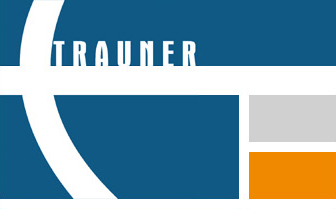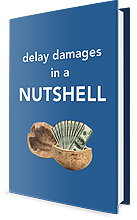The Challenge of Notes to File on a Construction Project
On a construction project, notes to file are often considered a form of communication. However, notes to file are not a complete communication. They are an incomplete communication.
Why is that? Well, they are incomplete because you put the information to the file, but you didn’t share it with anyone else. So, it’s not really communication. You have communicated with the file, but you haven’t communicated with the party that might be affected by the note to file. There is nothing wrong with keeping track of what is going on and making notes to file. To some extent, a daily log is something like an organized note to file. By the same token, if the note to file is something that would cause someone to change their behavior, do the right thing, and help the project, then simply putting a note to file is not enough.
Construction is not supposed to be strictly a “gotcha” game. We do want the other parties to pull their weight and execute their work as required for the project to finish timely, within budget, and to the appropriate level of quality. So, notes to file, while appropriate and useful in situations, are not communication. We should not anticipate or treat them as such.
Why even use notes to file?
What will we use notes to file for – to document unusual occurrences? I am sure that we could all come up with some good examples of what an unusual occurrence might be, like unusual weather, unusual meetings, unusual site visits, unusual situations that develop on a project. All those things might merit some note to file and additional discussion (really supplementing a daily report). Sometimes we use notes to file to document telephone conversations. We’ve had a conversation with somebody, we’ve reached some kind of agreement, or we’ve discussed something. We simply write down what we talked about and that becomes the note to file. We have already had the complete communication. We talked on the phone.
We also might use it to document status. This is where we are at this moment – this would be a supplement to a daily log.
Scott Lowe is a Principal of TRAUNER and is an expert in the areas of critical path method scheduling, construction claims preparation and evaluation, and specification writing. He can be reached at scott.lowe@traunerconsulting.com.
If you liked this article, be sure to sign up on the left side of our website to receive our Ideas & Insights in your email. Be sure to check your email after signing up.

